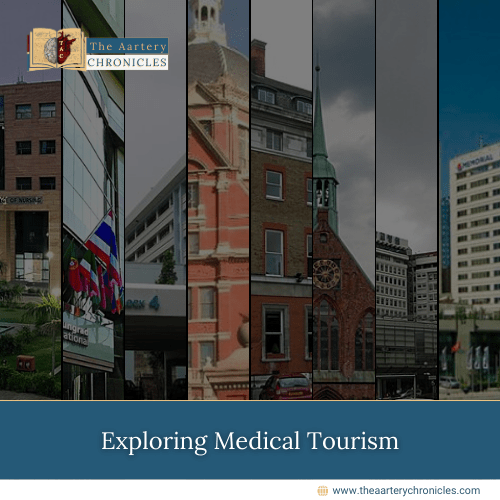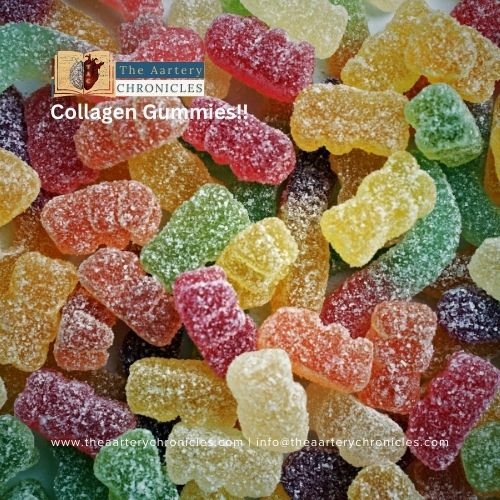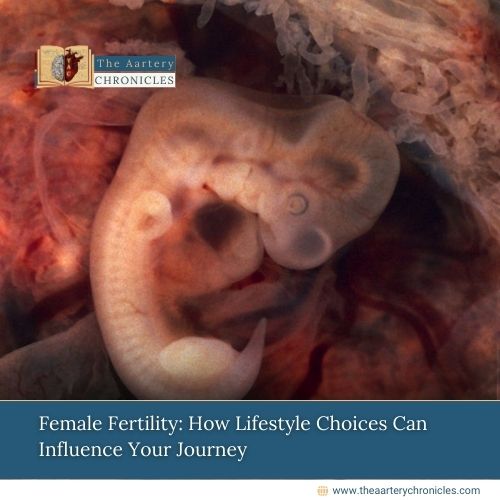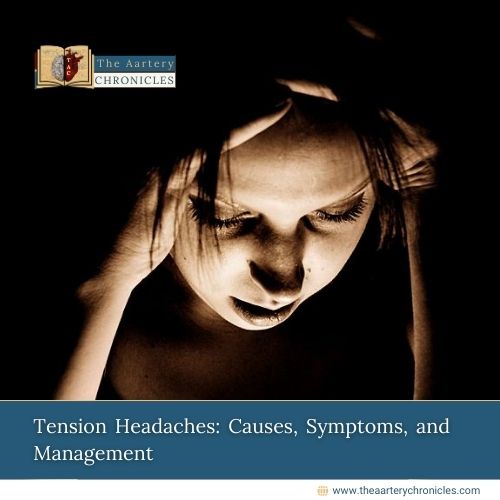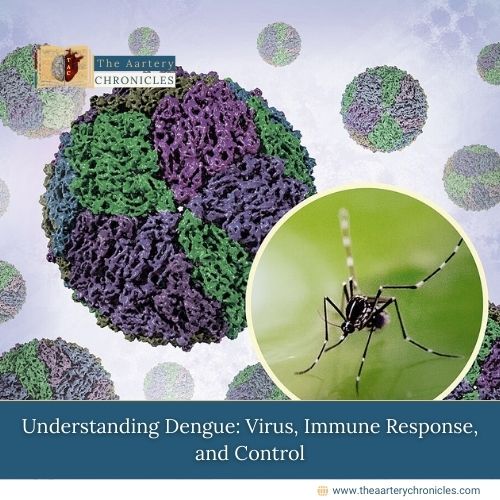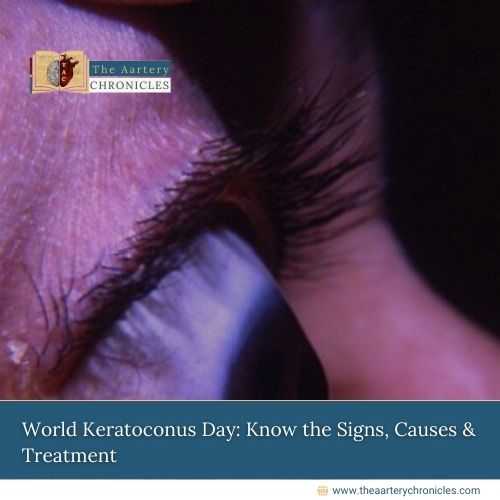

Woman Dies from Caffeine—How Much Is Really Safe?
The recent death of 32-year-old Melbourne woman Christina Lackmann has raised serious concerns about the safety of caffeine especially in tablet or powder form. Christina reportedly consumed a dangerous dose of caffeine tablets and sadly passed away before help could arrive. This tragic incident is a reminder that even something as common as caffeine can be deadly in high amounts.
So, how much caffeine is safe? And what should you watch out for?
What Is the Safe Limit for Caffeine?
According to the U.S. Food and Drug Administration (FDA), most healthy adults can safely consume up to 400 milligrams of caffeine per day. That’s roughly equal to:
- 4 to 5 cups of brewed coffee
- 10 cans of cola
- 2 energy drinks
Your age, weight, medical conditions, medications, and individual sensitivity to caffeine can change how your body reacts. What’s safe for one person might cause serious side effects in another.
When Caffeine Becomes Dangerous
While 400 mg per day is generally safe, taking a huge amount in a short time can be toxic. According to experts, consuming around 1,200 milligrams or more of caffeine at once which is less than half a teaspoon of pure caffeine powder can lead to serious health risks such as:
- Seizures
- Heart rhythm problems
- In rare cases, even death
This level is very difficult to reach through coffee or tea alone. Most caffeine overdoses happen due to tablets, powders, or concentrated energy supplements, like in Christina’s case. Reports show she had ordered caffeine tablets on the day of her death, and the amount found in her system was much higher than what coffee could provide.
Tips to Stay Safe with Caffeine
Here are a few simple but important steps to protect yourself and your loved ones:
1. Know Your Sources
Keep track of everything you consume—not just coffee. Look at energy drinks, soft drinks, chocolate, supplements, and even medications.
2. Read Labels Carefully
Always check the ingredients list. If you’re unsure how much caffeine something contains, ask the manufacturer or pharmacist.
3. Be Careful with New Products
Products marketed as energy boosters, fat burners, or pre-workouts often have hidden or high amounts of caffeine.
4. Avoid Pure Caffeine Powder or Tablets
Even a small amount of concentrated caffeine can be life-threatening. If you’re considering caffeine supplements, consult a healthcare provider first.
Where Caffeine Might Be Hiding
Many people think caffeine is only in coffee or tea—but it’s found in many other everyday items, often without clear labelling. Some examples include:
- Energy drinks and bars
- Protein powders
- Chewing gum
- Ice cream (coffee or chocolate-flavoured)
- Over-the-counter medications (like pain relievers or cold medicines)
What makes this worse is that not all products list the exact amount of caffeine they contain. Even if caffeine is added, food labels are not always required to show how much. When it’s naturally present (like in chocolate), it may not be labelled at all.
So, it’s up to you to stay informed, especially when trying new supplements or “energy” products.
Warning Signs You’ve Had Too Much Caffeine
Having a little extra caffeine might just make you feel jittery. But going too far can lead to symptoms such as:
- Fast or irregular heartbeat
- Anxiety or restlessness
- High blood pressure
- Nausea or stomach upset
- Insomnia
- Headaches
In more serious cases, you might experience:
- Vomiting
- Confusion
- Muscle twitching or convulsions
- Even loss of consciousness or death
If you notice any of these signs especially after taking a caffeine supplement seek medical help immediately.
Conclusion
Caffeine is a widely used and generally safe stimulant. But like any substance, it can be harmful even fatal when misused. Christina’s story is a heartbreaking example of why we need to take caffeine safety seriously.
By staying informed, reading labels, and avoiding risky products, you can enjoy caffeine’s benefits without putting your health at risk.
Let this be a reminder that prevention is always better than cure especially when it comes to the safety of our little ones.
Source: Inputs from various media Sources

Priya Bairagi
Reviewed by Dr Aarti Nehra (MBBS, MMST)
I’m a pharmacist with a strong background in health sciences. I hold a BSc from Delhi University and a pharmacy degree from PDM University. I write articles and daily health news while interviewing doctors to bring you the latest insights. In my free time, you’ll find me at the gym or lost in a sci-fi novel.

